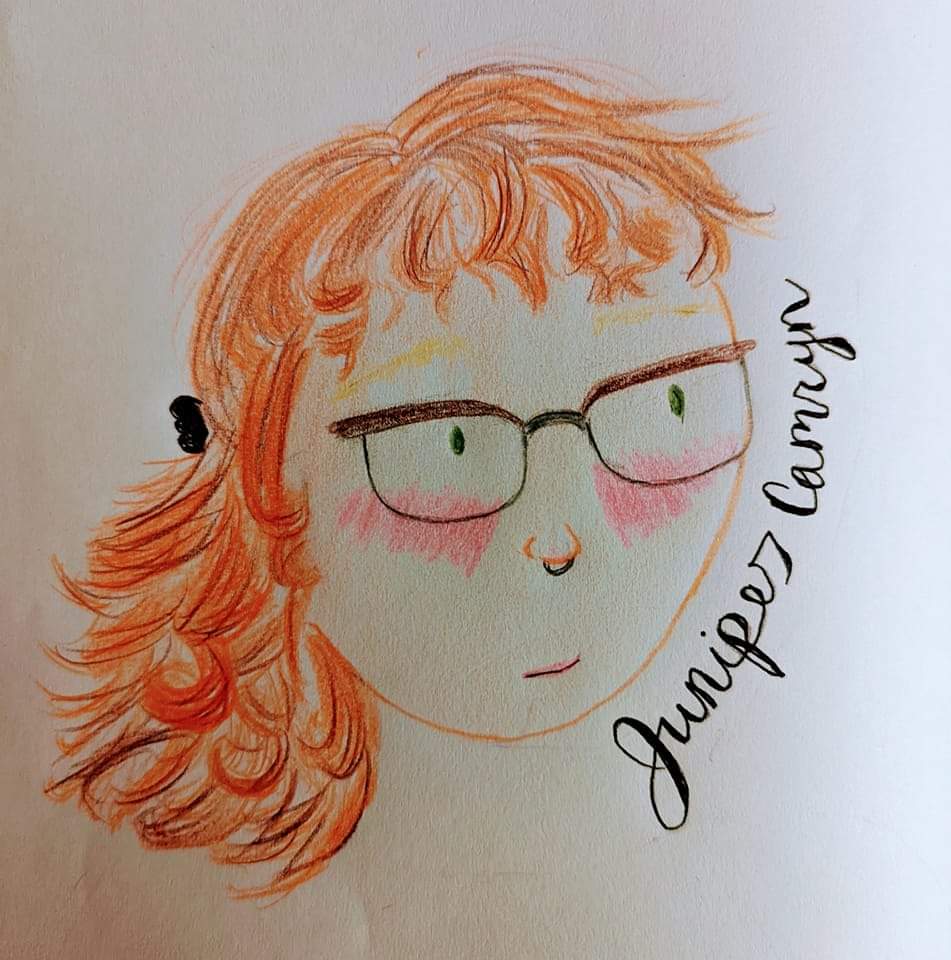Reframing Survivor Support
This was originally published on September 7, 2021
In the wake of abuse, survivors need support in seeing where they’ve given their power away and how to take it back.
But instead of doing this, we end up reinforcing the notion that survivors are helpless victims who were preyed upon by monsters.
By logical extension, we think the cure is to condemn the “bad people” when in reality we need to be supporting survivors in their growth and empowerment.
We know that survivors are likely to end up in abusive relationship after the next.
And the reason is that survivors are often people who have been conditioned from a young age to abandon themselves for the benefit of others.
And there are also people who have been conditioned to feel entitled to controlling the world of another for their personal benefit.
Survivors learn to put an end to these patterns when they take full ownership of themselves and set boundaries and assert themselves accordingly.
And conversely through this process, the entitlement of people who abuse is challenged.
Approaching abuse intervention from this framework offers both survivors and abusers fuller access to their own humanity as each learns a healthy and dynamic balance of self-advocacy and compromise.
We won’t undo abuse culture by ejecting every single person who has abused others (which will inevitably be a huge chunk of survivors as well).
We undo abuse culture by creating a culture of individuals who are not easily taken advantage of, where abuse and manipulation no longer serve at useful tactics for meeting one’s needs.
